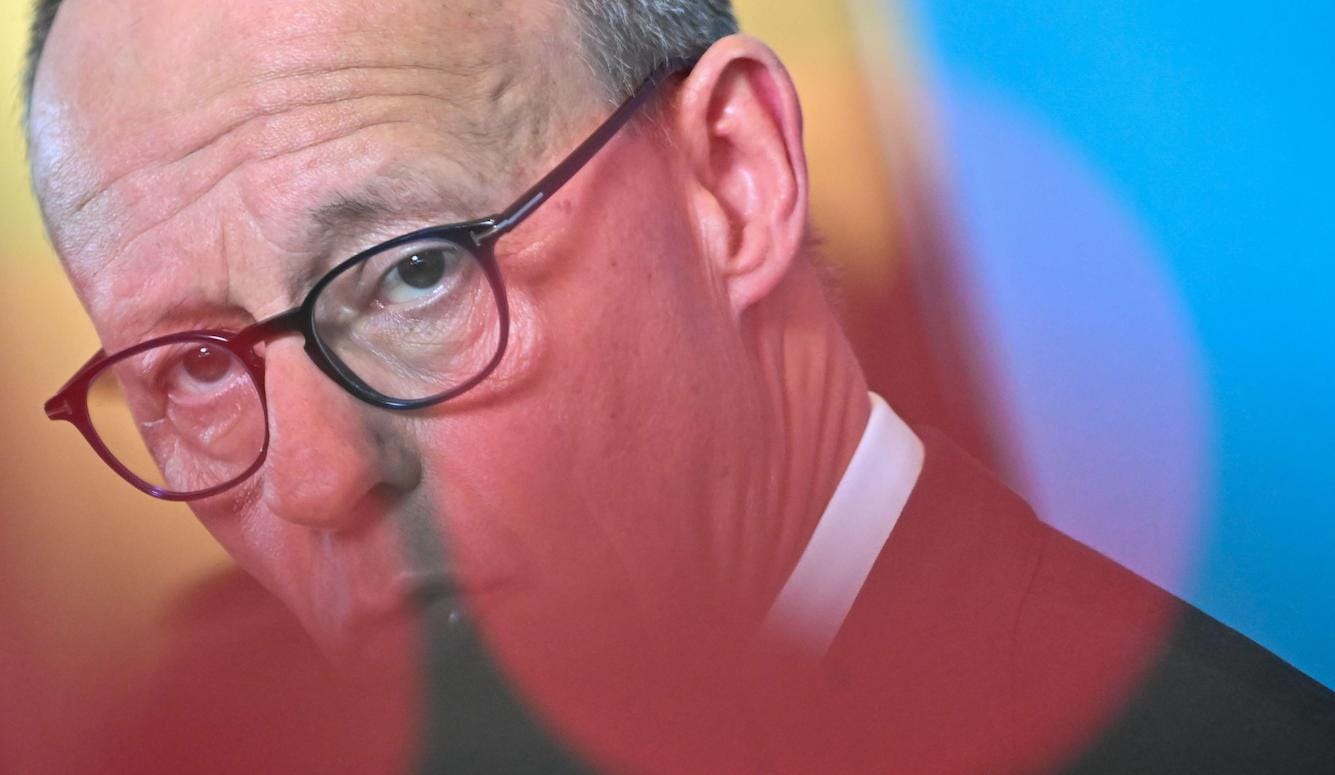Germany
German Democracy’s Uncertain Future
Friedrich Merz must take the concerns of ordinary citizens seriously—particularly on immigration and Islam. He must prove that such concerns can be addressed without veering into extremism.

While undeniably historic, the results of Germany’s recent general elections were hardly unexpected. For months, polls forecasted major gains for the Alternative for Germany (AfD) party and steep losses for Chancellor Olaf Scholz’s Social Democrats (SPD), while Chancellor-elect Friedrich Merz’s Christian Democratic Union (CDU) maintained a comfortable lead. Since Merz has firmly ruled out a coalition with the nationalist AfD and has other options to form a majority government, the political centre appears to be holding—but for how long?
Many outside observers have described Merz’s exclusion of the AfD—which doubled its voter share from 10.4 percent in 2021 to 20.8 percent—as undemocratic. Writer and activist Ayaan Hirsi Ali, for instance, posted on X: “Why won’t the CDU respect the mandate given to the AfD by millions of Germans and form a majority government with them?” The short answer is that as the strongest party, the CDU must build a stable coalition with one or more parliamentary parties with which it shares common ground. The AfD, which includes confirmed extremists, has not positioned itself as one of them. Voices like Hirsi Ali’s fail to distinguish between the importance of addressing pressing issues that have been neglected and supporting a populist political party that exploits them to gain power for itself.
Germany has serious problems with Islamism as a consequence of failed multiculturalist immigration policies. A series of fatal jihadist stabbings and car rammings, which escalated in the lead-up to the elections, has deeply shaken the country in recent years. In hindsight, former Chancellor Angela Merkel’s response to the 2015 refugee crisis, “Wir schaffen das” (“We can do it”), sounds almost cynical. Unsurprisingly, internal security and immigration were key issues driving voters, who turned out in force—82.5 percent of eligible voters went to the polls, the highest turnout for a general election since 1987.





